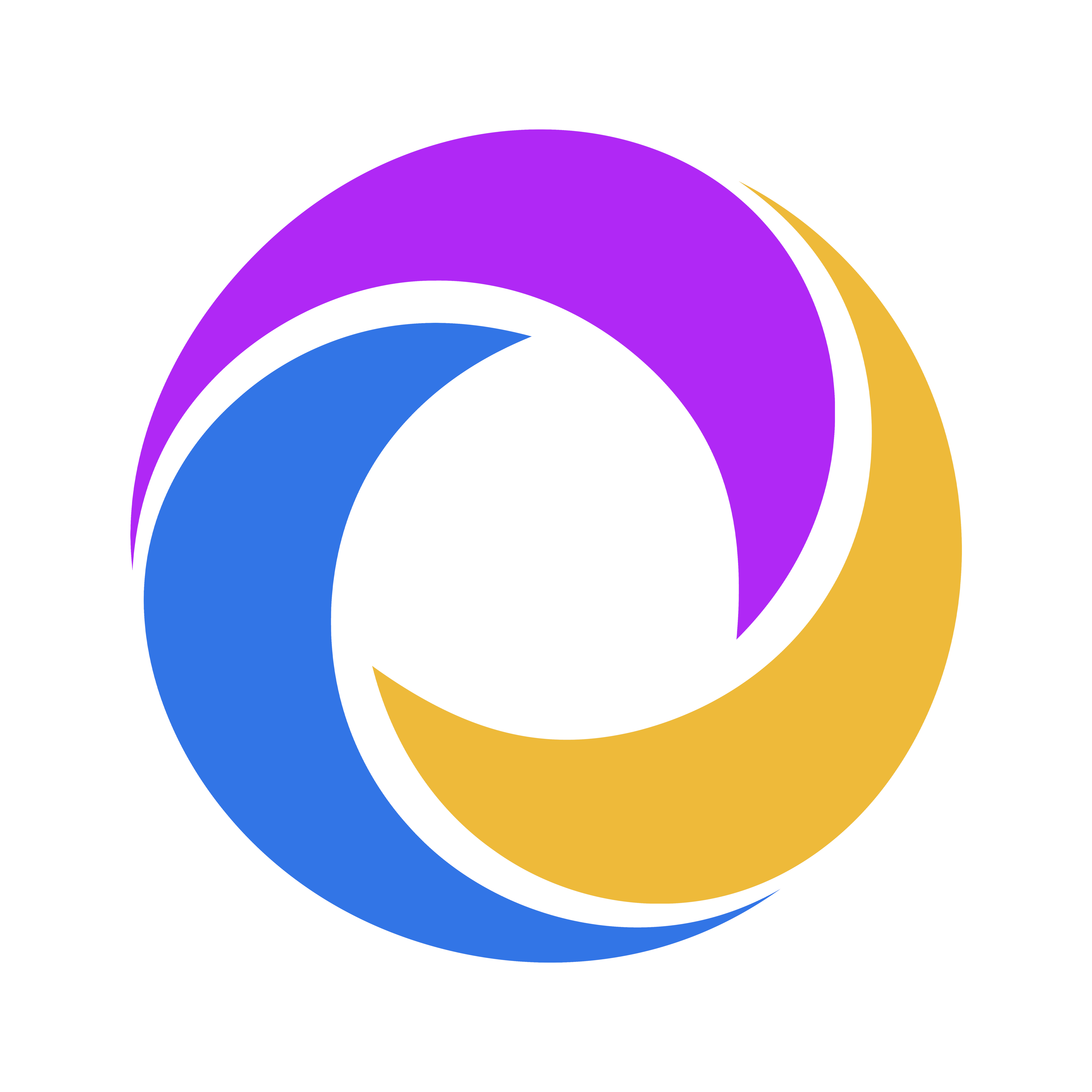
On April 25, 2019, W.TEC Executive Director, Oreoluwa Lesi, organised and participated in a session at the recently-concluded Digital Rights Inclusion Forum 2019 in Lagos, Nigeria called “Internet Governance: Multi-stakeholderism and Participation in the Assigned Names and Numbers Space.“
The Digital Rights and Inclusion Forum (formerly Internet Freedom Forum- IFF) DRIF is an arena where tough topical global issues around Internet rights, especially in Africa, are discussed between civil society, technology companies, government, academia and other stakeholders. Over the last 7 years, DRIF has gained a reputation as an important platform where conversations on digital policy in Africa are shaped, and policy directions forged.
ABOUT THE SESSION:
This session was tagged “Internet Governance: Multistakholderism and Participation in the Assigned Names and Numbers Sector” and set out to explain, for newcomers, what Internet Governance in the names and assigned numbers sector is. It outlined how a decentralized and international multistakeholder network can contribute to the development and application of shared principles, norms, rules, decision-making procedures, and programmes that shape the evolution and use of the Internet.
This session explained who the Internet Corporation for Assigned Names and Numbers (ICANN) is and their role in ensuring the interoperability and coordinating key technical and policy aspects of the underlying core infrastructure and the domain name system.
This session broke down the multistakeholder model that ICANN uses in developing policy that guides the domain name system and explained the opportunities for participation available to members of the community – especially for members of Civil Society.
During the question and answer session, members of the audience wanted to know examples of specific policies that ICANN constituencies and stakeholder groups had been successful in pushing forward or contributing to. The speakers shared examples of the EPDP, Freedom of Speech and Human Rights issues, Privacy and Domain Abuses, dispute resolutions.
Members of the audience also wanted examples of successful instances of the multistakeholder approach at work. The Nigerian Internet Registration Association (NIRA) was cited as an example, because its existence was borne out of the charge by ICANN to manage the Nigerian ccTLD. At the level of ICANN a clear example of the Expedited Policy Development Process (EPDP) was emphasized
For people who wanted to know how to get involved and learn more about ICANN, the speakers invited them to visit the ICANN website and especially the websites of specific constituencies or groups that they were considering participating. They also highlighted the ICANN Learn online tool to learn more about ICANN, as well as consider applying for the Fellowship programme – though they emphasised that prior engagement with ICANN or domain name policy work was now an important requirement for the Fellowship programme.
As the audience was largely made-up of civil society and nonprofit organisation personnel, the panellists pointed them to the open public comments section of the ICANN website for opportunities to contribute to ongoing policy conversations.
In all, we hope and believe we had an engaging and interesting discussion, sharing what we do at ICANN. You can watch the video recording of the panel here: https://youtu.be/v_Pzfd6v4Sk and the question and answer session: https://www.youtube.com/watch?v=H1X1ORVm2bE

PARTICIPANTS:
This session featured:
- Anriette Esterhuysen (NCUC and NomCom): https://en.wikipedia.org/wiki/Anriette_Esterhuysen
- Ines Hfaiedh (NCUC AND AFRALO): https://icannwiki.org/Ines_Hfaiedh
- Caleb Ogundele (NPOC, NCUC and AFRALO): https://icannwiki.org/Caleb_Olumuyiwa_Ogundele
- Lawrence Olawale-Roberts (BC and NomCom): https://www.linkedin.com/in/lawrenceor/
- Oreoluwa Lesi (NPOC and AFRALO) – Moderator: https://icannwiki.org/Oreoluwa_Somolu_Lesi
